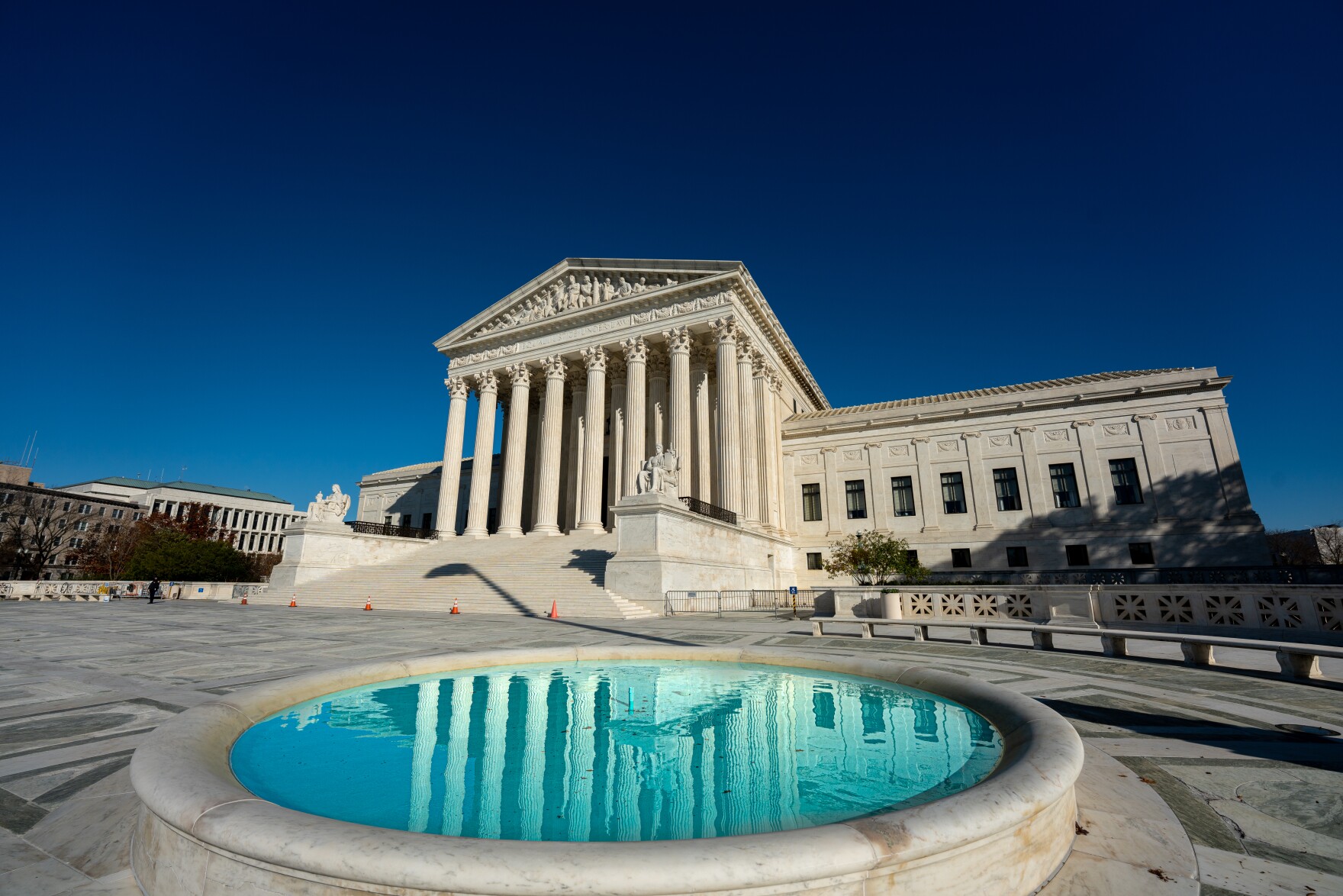
- Details
- By Darren Thompson
On Thursday, the United States Supreme Court ruled in Carlos Vega v. Terence B. Tekoh that a plaintiff may not sue a police officer for obtaining an improper admission of an “un-Mirandized” statement used in a criminal prosecution. The ruling does not impact the exclusion of evidence obtained without the Miranda warning for a criminal trial.
“Because a violation of Miranda is not itself a violation of the Fifth Amendment, and because we see no justification for expanding Miranda to confer a right to sue under Section 1983, the judgment of the Court of Appeals is reversed, and the case is remanded for further proceedings consistent with this opinion,” wrote Justice Alito, who delivered the opinion of the Supreme Court on Thursday, June 23.
The case involves Terence Tekoh, a hospital worker in Los Angeles who was accused of sexually assaulting a patient at a hospital in 2014, and Carlos Vega, a Los Angeles County sheriff deputy who questioned Tekoh. Tekoh’s attorneys argued Vega used aggressive techniques to get Tekoh to confess. Vega’s attorneys said that the confession was consensual and voluntary and he wasn’t in custody at the time of the confession.
Tekoh was tried and acquitted, even with a confession at his trial. He later sued Vega under Section 1983, a federal law that allows suits for damages against government misconduct when a person’s constitutional rights were violated.
The ruling affects Miranda because it prohibits those wrongfully prosecuted from obtaining damages, even if their rights were violated. It leaves victims without recourse for government misconduct.
Miranda rights don’t apply on some Tribal lands, however, because Tribal courts do not require Miranda. Some Tribes require Miranda, through their own rules and regulations, but it’s unclear how many do.
“The protections provided to Indians in Tribal Courts are outlined in the Indian Civil Rights Act and each Tribal Nation’s constitution,” said Danielle Finn, Associate Judge for the Cheyenne River Sioux Tribe to Native News Online. “Therefore, each Tribe has different rights provided and some may and some may not be ‘mirandizing’.”
There is no known number of Tribes who give or do not give Miranda rights, but many do because it is consistent with their training. The Indian Civil Rights Act requires Tribes to provide an attorney for a defendant facing charges that could bring a year or more in jail. Tribal courts are less-adversarial than state or federal courts.
The decision to limit Miranda rights does apply off Tribal lands, though, and government misconduct is no longer under the same scrutiny.
More Stories Like This
Native News Weekly (August 25, 2024): D.C. BriefsNavajo Nation Mourns the Passing of Former Vice President Rex Lee Jim
Deb Haaland Earns Endorsement From Communications Workers of America Local 7076
University Soccer Standout Leads by Example
Two Native Americans Named to Democratic Congressional Campaign Committee's“Red to Blue” Program
Help us defend tribal sovereignty.
At Native News Online, our mission is rooted in telling the stories that strengthen sovereignty and uplift Indigenous voices — not just at year’s end, but every single day.
Because of your generosity last year, we were able to keep our reporters on the ground in tribal communities, at national gatherings and in the halls of Congress — covering the issues that matter most to Indian Country: sovereignty, culture, education, health and economic opportunity.
That support sustained us through a tough year in 2025. Now, as we look to the year ahead, we need your help right now to ensure warrior journalism remains strong — reporting that defends tribal sovereignty, amplifies Native truth, and holds power accountable.
 The stakes couldn't be higher. Your support keeps Native voices heard, Native stories told and Native sovereignty defended.
The stakes couldn't be higher. Your support keeps Native voices heard, Native stories told and Native sovereignty defended.
Stand with Warrior Journalism today.
Levi Rickert (Potawatomi), Editor & Publisher

